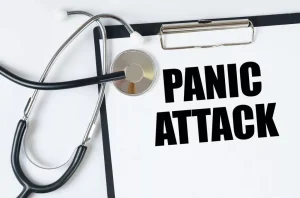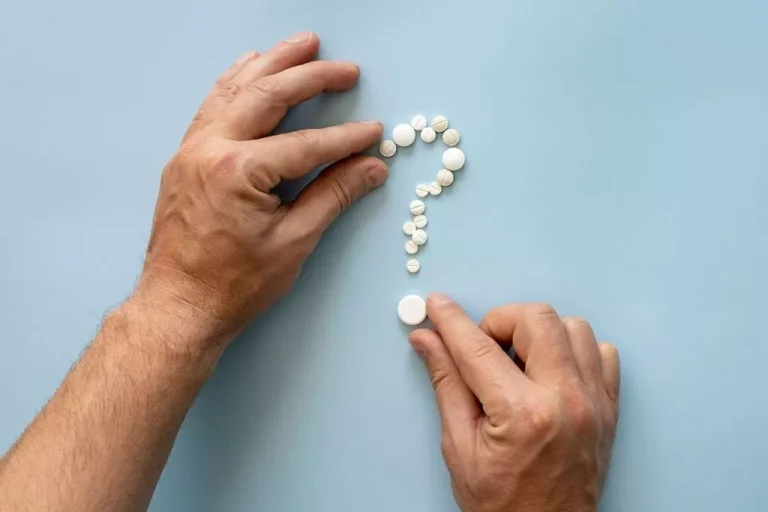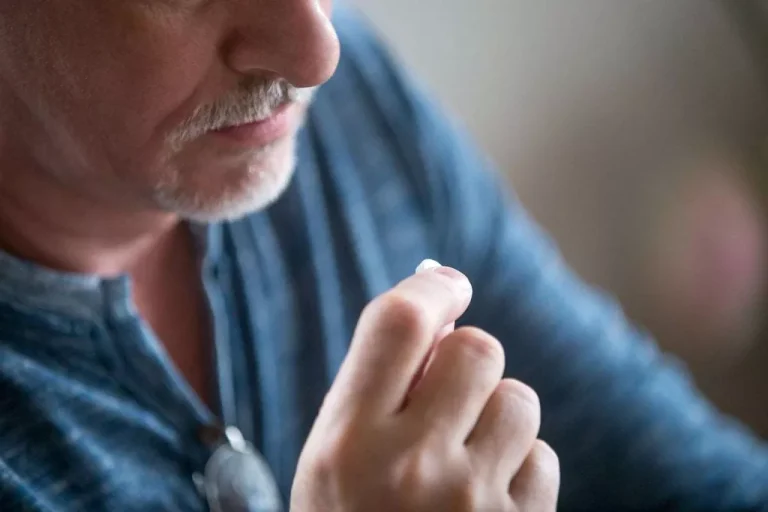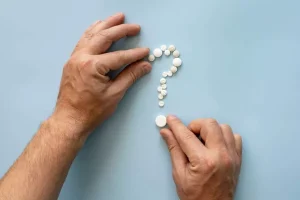
They shared science-backed insights about how a short break from alcohol can affect the body and mind, as well as strategies to make this mini New Year’s resolution a success. Dry January is in full swing, with more than one in four Britons planning to take part and give up drinking alcohol this month, according to research by Alcohol Change. At some point in your life, you’ve likely gone to bed upset, only to wake the next morning and find you aren’t nearly as worked up as you were the night before. It’s not just the passage of time that tempered those emotions; this is also one of the beneficial functions of sleep.
Why Do Alcoholics Often Experience Insomnia?
- And when this happens night after night, you’ll find yourself dealing with insomnia.
- But other facts and situations are far from inconsequential and must be retained for future recall if you’re to survive and thrive.
- When you lie down for a short afternoon snooze, your bloodstream will absorb liquid in your body, prompting you to go pee when you wake up.
- Read on to find out how alcohol can affect your sleep, and why—as well as insight into the health benefits of getting enough shut-eye.
Drinking too much is likely to have the opposite effect and leave you feeling groggy and possibly hungover the next day. If you turn to booze to help you snooze, you could be messing with the quality of your sleep. The problem arises if you find yourself relying on alcohol to get you to sleep. Sunnyside uses a psychology-based approach to help you drink more mindfully, no matter what your goal is. You’ll get a 100% custom plan, then use daily texts to track your progress and help you stay on target.

Alcohol and Other Health Risks
- Alcohol initially acts as a sedative, increasing the proportion of deep sleep at the beginning of the night.
- If you develop a problem with alcohol, it can cause other problems in your life and affect your relationships, work, friendships, or sex life.
- That leads to a “rebound effect” in which you experience lighter, more disrupted sleep.
- As your body metabolizes the alcohol and the sedative effects wear off, it can interfere with your circadian rhythm, and cause you to wake up frequently or before you’re properly rested.
But anyone who’s ever had a frustratingly restless night after drinking might wonder whether alcohol is really to blame for their sleep problems. If you sleep better when you don’t drink, you might consider stopping alcohol use entirely. However, if you continue to have sleeping difficulties, reach out to a sleep specialist. Along with prescription medications and folk remedies, many have incorporated a glass or two of alcohol into their nightly routine to try to catch a few more hours of shuteye. Besides just waking you up a lot, alcohol can disrupt your normal sleep patterns enough to create some longer-term issues you may need to address. If you’re planning on heading out for a night that will involve some drinks, https://ecosoberhouse.com/ there are some things you can do to help you sleep afterward.

Four ways quitting alcohol helps you look and feel better
- Alcohol further increases the effects of sleep apnea by relaxing the muscles in the throat, collapsing the upper airway and lowering oxygen levels.
- While “relaxed” may sound appealing, alcohol has also been shown to negatively affect sleep and other physiological processes that occur during sleep.
- Exercise increases the flow of the glymphatic system, while heavy alcohol use reduces its performance.
- On the one hand, we have an entire category of cocktails (nightcaps) that are supposed to lull us into slumber.
- The transition from risky behaviours to bad habits and ultimately addiction is worryingly common.
- A hint –alcohol and sleep simply don’t mix well – read on to understand why.
What’s interesting about alcohol, though, is its unexpected effect on sleep. Though these suggestions may help you get through the night a bit more painlessly, they won’t reverse the impact alcohol has on sleep quality. The best way to protect sleep is to cut off your drinking earlier in the day or forgo drinking entirely. Those with sleep disorders should proceed with extra caution before reaching for that evening drink.
- Drinking to fall asleep regularly can build up a tolerance to alcohol, gradually lessening booze’s ability to help you drift off, according to the National Sleep Foundation.
- Scientists have been studying the relationship between alcohol and sleep since the 1930s.

If you’ve ever had a couple of drinks, you don’t need a scientist to tell you that alcohol can make you feel sleepy. This drowsiness occurs because alcohol causes a release of GABA in the brain, which slows down brain activity and makes you feel tired. The body takes about four to five hours to get rid of half the alcohol you consume. That means it can take around 25 hours before all of it is cleared from your system. In the meantime, it continues to affect lots alcoholism of organs and processes in the body, including your sleep.

Alcohol use can impact the quality of your sleep, and research confirms there’s a link between alcohol use and insomnia. According to the Sleep Foundation, alcohol can relax the muscles of the mouth and throat, increasing the likelihood of the airway being blocked. And because alcohol initially makes it more difficult for a person to wake up, they can experience longer obstructions in breathing before they’re roused enough to breathe normally. Drinking to fall asleep regularly can build up a tolerance to alcohol, gradually lessening booze’s ability to help you drift off, according to the National Sleep Foundation.
I journaled my drinking for a year. Even when I thought I was being sensible, I drank over the healthy limit.
Excessive alcohol consumption can also deplete the body’s levels of zinc and iron, he says, which are key minerals to maintain healthy, strong hair. Just as alcohol has does liquor help you sleep an impact on your skin, it can also affect your hair health. Dr Greg Vida tells Yahoo UK that some of the side effects related to heavy alcohol drinking can include hair damage and hair loss.
Finally, going to bed with alcohol in your system increases your chances of having vivid dreams or nightmares, or sleepwalking and other parasomnias. For most people, alcohol induces a deeper-than-usual sleep in the first half of the night, followed by disrupted sleep in the second half of the night. CBTi reduces symptoms of insomnia among young adults who are actively drinking — even in the absence of direct alcohol intervention. Using alcohol as a sleep aid may result in you believing the only way you can get to sleep is by drinking.
